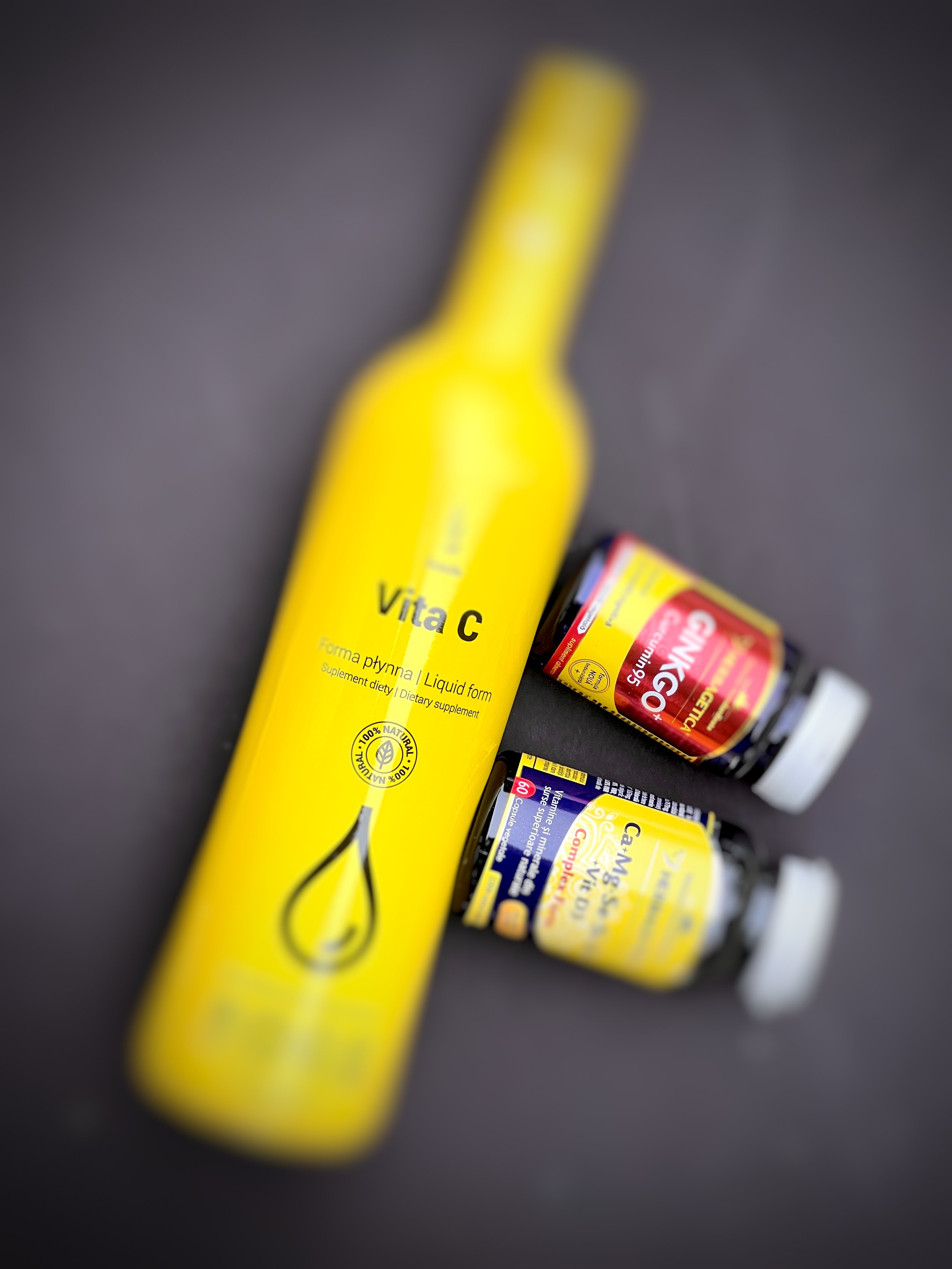Should I take supplements ? When, why, how many ?
I am sure that many of us have asked this question to ourselvs at least once in our lifetime. But what are supplements and how can we define them in a simple, easy to digest manner ? In USA according FDA (Federal Regulation of Dietary Supplements) supplements are defined as “products intended to supplement our diet. They are not medicines and they are not intended to treat, diagnose, mitigate, prevent or cure diseases.” Now we know that the main nutrients are proteins, fats, carbohydrates, vitamins and minerals. Supplements contain this nutrients, separate or in various combinations, in a more concentrated form than we can find in food. But you might think that if we can find all these nutrients in food and we have a well balanced diet, why it would be necessary to take supplements? It is true, a well balanced diet based on good quality food, most of the time organic and seasonal does not require additional supplements. Our ancestors didn’t have access to supplements. The wild animals do not take supplements for living. They are adapted to the environment they live. So why or when should we consider to take supplements ?
Our modern life is very different from what our ancestors lived. These days, for the most of us, it is almost impossible to eat 100% organic food and many of us if not the most of us, do not have a solid nutritional plan. The regular food we find in most stores comes from intensive farming which means, at least for fruits and vegetables, that this is produced at a faster pace in huge quantities and contains a lot of water so the nutrients content may be dilluted compared to the food produced in natural conditions. Furthermore we are exposed to a lot of processed food, sweets and sweetened drinks which also are poor in vitamins and minerals. Many times we choose food only driven by taste satisfaction without asking ourselves if we made a healthy choice. After a full day at work we want a reward which might not be a Mediterranean salad dressed with olive oil and fresh lemon juice. The stress level is much higher these days. So yes, the supplements have their role in our lives.
But what nutrients should we supplement ? Every person has different needs so it is clear that supplements can not be the same for everybody. This is a very sensitive subject and it is recommended to ask for advice from a specialist before taking supplements. They help and maintain our health only if they are taken correctly and in the proper quantities. I will present here some supplements which may be taken in consideration…
Vitamin C is necessary for our immune system, controlling infections, maintaining our bones density, energy production and antioxidant role. The transitions between seasons, warm to cold weather and vice versa, stressful periods in career, colds and infections, high physical activity, low or limited consumption of fresh fruits and vegetables, polluted environment, smoking, all these life factors may require Vitamin C supplementation. As I mentioned the RDA for Vitamin C is 90 mg which is low (according to many speciallists) and the upper limit is 2000 mg. On the market you can find supplements with a concentration of 500 mg or 1000 mg per tablet and also you can find this supplement originated from natural sources. Anyway, the main idea here is that many times we need more Vitamin C than we can take from food, especially if we find ourselves in one of the situations mentioned above.
Omega 3 fatty acids. According to specialists roughly a third from our total daily calories intake should come from fats. Roughly minimum one third from this fats should be polyunsaturated, one third monounsaturated and the remaining third can be saturated. Polyunsaturated fats are essential nutrients which means that our body can not produce them by itself and needs to take them from food. These are the linoleic acid family, also known as Omega 6 and linolenic acid family, also known as Omega 3. From the polyunsaturated fats the omega 3 acids are harder to get only from food. A good recommended Omega 3 / Omega 6 ratio would be between 1:2 and 1:4 but in reality in the modern diets this ratio is much unbalanced in favour of Omega 6 acids reaching over 1:20 in some cases. So try to get as many Omega 3 as you can from food and supplements. The body “transforms” Omega 3 fatty acids in EPA and DHA which are more effective forms, so check their concentration before buying. (Source: “Optimum Nutrition for Vegans” Patrick Holford). You can incorporate omega-3s into your diet through foods such as tuna, salmon, sardines, tofu, walnuts, and flaxseeds.
Supplements for joints: Glucosamine, Chondroitin, and MSM - methylsulfonylmethane are supplements available together or separate. Glucosamine and Chondroitin are substances we have in our joints and as supplements are believed to stimulate joint functions and also having repairing role. MSM is a source of essential mineral sulphur which is involved in key body functions like pain control, regulation of inflammation and tissue building. (Patrick Holford - ”Optimum Nutrition Bible”.) Many people experience joints pain and joints stiffness as they age. Also with age the absorption of this substances becomes slower and taking this kind of supplements can help. Gelatine also plays an important role in bones and joint health. Gelatine is a product made by cooking collagen. You can cook it at home by simmering animal bones and connective tissue but also you can find it in supplements.
The list can be pretty long, there are Calcium, Magnesium, Brain Supplements, there are supplements which contain many vitamins and minerals in a capsule called Multivitamins and Multiminerals … But again, best you can do before buying supplements is take advice from your doctor or dietician in order to get the best results.

